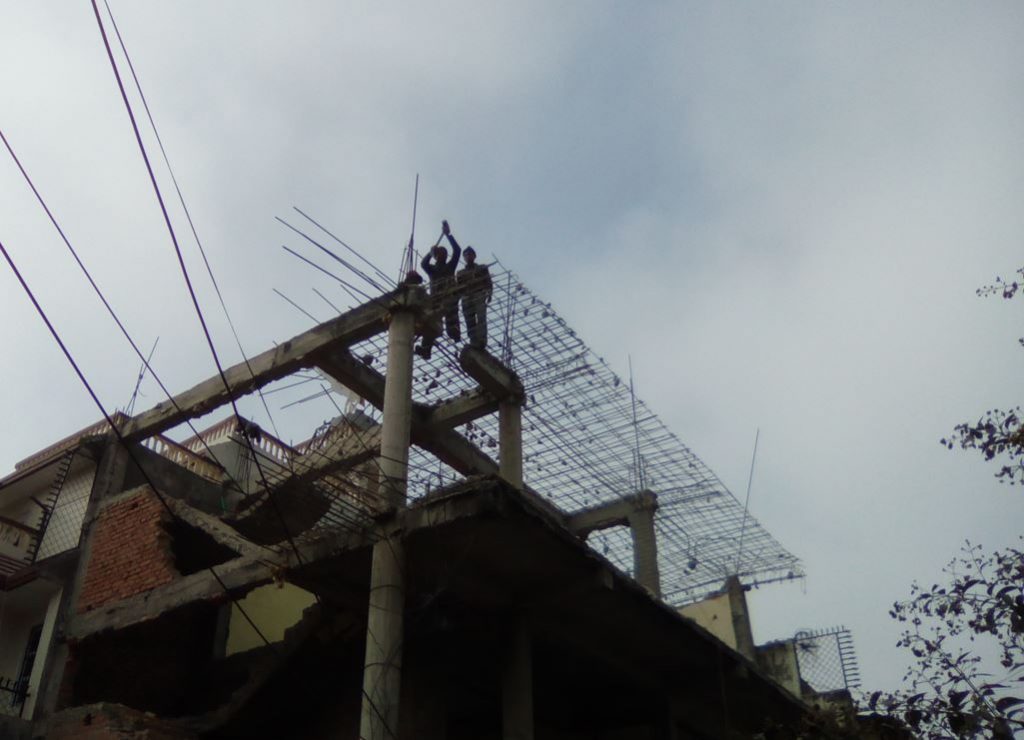 Congratulations to Dr. Pramod Regmi, Lecturer in International Health & Global Engagement Lead, Department of Nursing Sciences, and Dr. Nirmal Aryal, formerly of the Centre of Midwifery, Maternal & Perinatal Health (CMMPH), whose editorial “Kidney health risk of migrant workers: An issue we can no longer overlook” has been published today in Health Prospect [1]. Further co-authors (Arun Sedhain, Radheshyam Krishna KC, Erwin Martinez Faller, Aney Rijal, and Edwin van Teijlingen) work in India, Nepal, the Philippines and at BU. The study was funded by GCRF.
Congratulations to Dr. Pramod Regmi, Lecturer in International Health & Global Engagement Lead, Department of Nursing Sciences, and Dr. Nirmal Aryal, formerly of the Centre of Midwifery, Maternal & Perinatal Health (CMMPH), whose editorial “Kidney health risk of migrant workers: An issue we can no longer overlook” has been published today in Health Prospect [1]. Further co-authors (Arun Sedhain, Radheshyam Krishna KC, Erwin Martinez Faller, Aney Rijal, and Edwin van Teijlingen) work in India, Nepal, the Philippines and at BU. The study was funded by GCRF. 
This editorial highlights that low-skilled migrant workers in the countries of the Gulf and Malaysia are at a disproportionately higher risk of kidney health problems. The working conditions are often Dirty, Dangerous and Difficult (referred at as the 3Ds) include physically demanding work, exposure to a hot environment, dehydration, chemical exposures, excessive use of pain killers, and lifestyle factors (such as restricted water intake and a high intake of alcohol/sugary drinks) which may precipitate them to acute kidney injuries and subsequent chronic kidney disease.
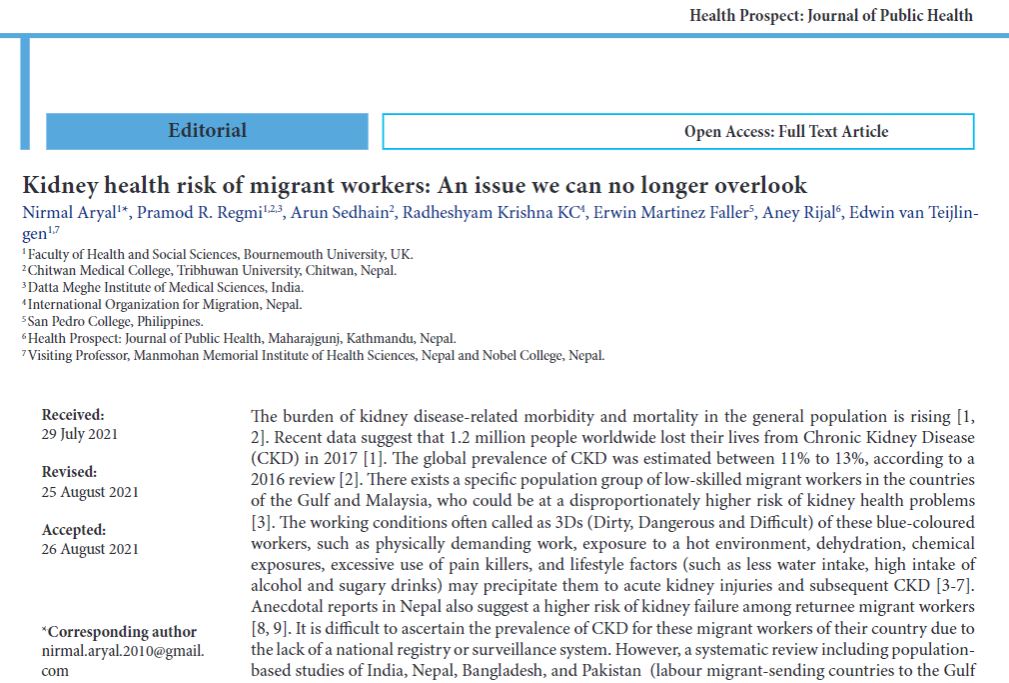
References
- Aryal, N., Regmi, P.R., Sedhain, A., KC, R.K., Martinez Faller, E., Rijal, A., van Teijlingen, E., (2021) Kidney health risk of migrant workers: An issue we can no longer overlook. Health Prospect 21(1): 15-17.



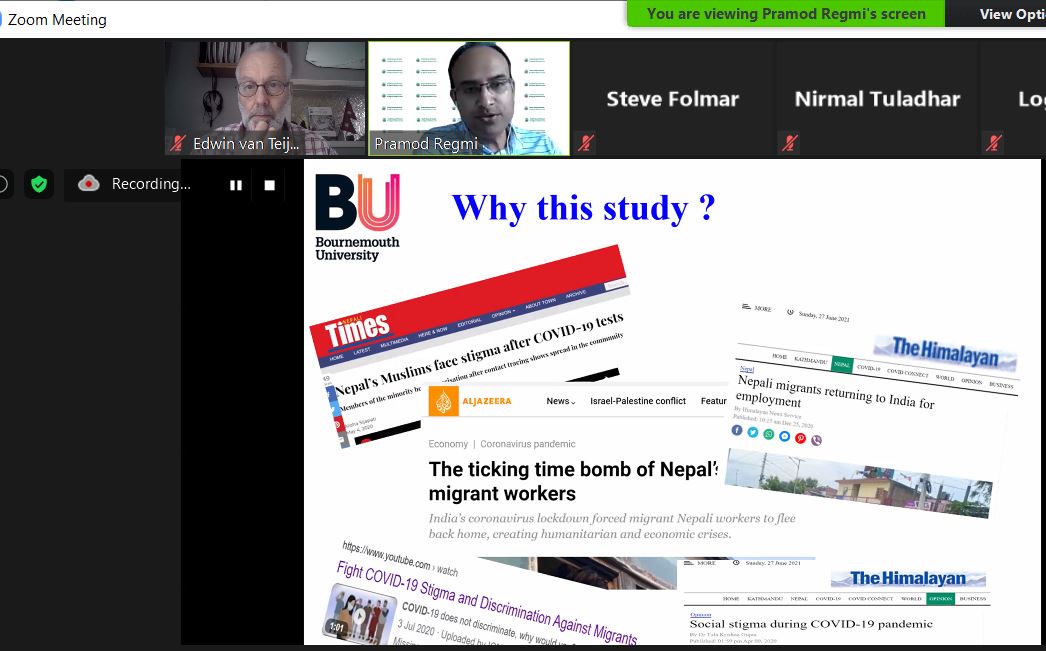
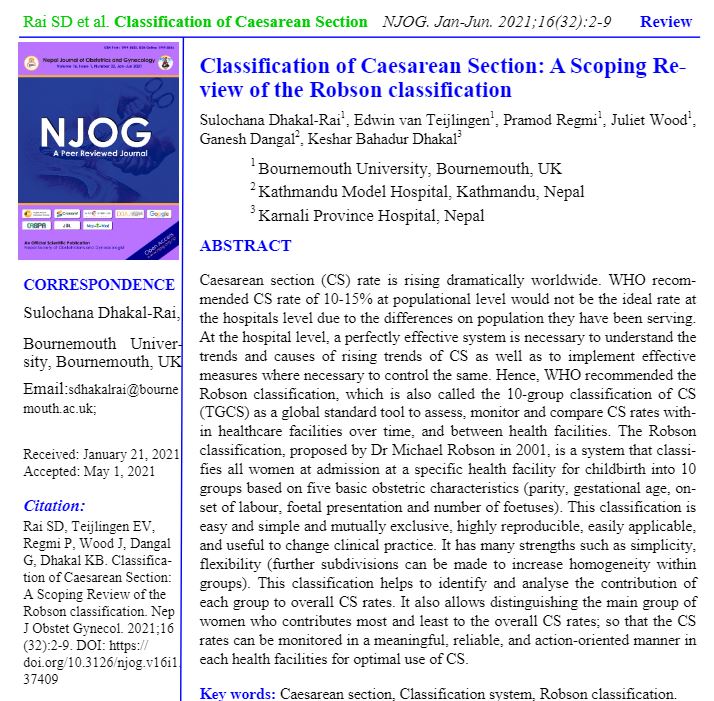
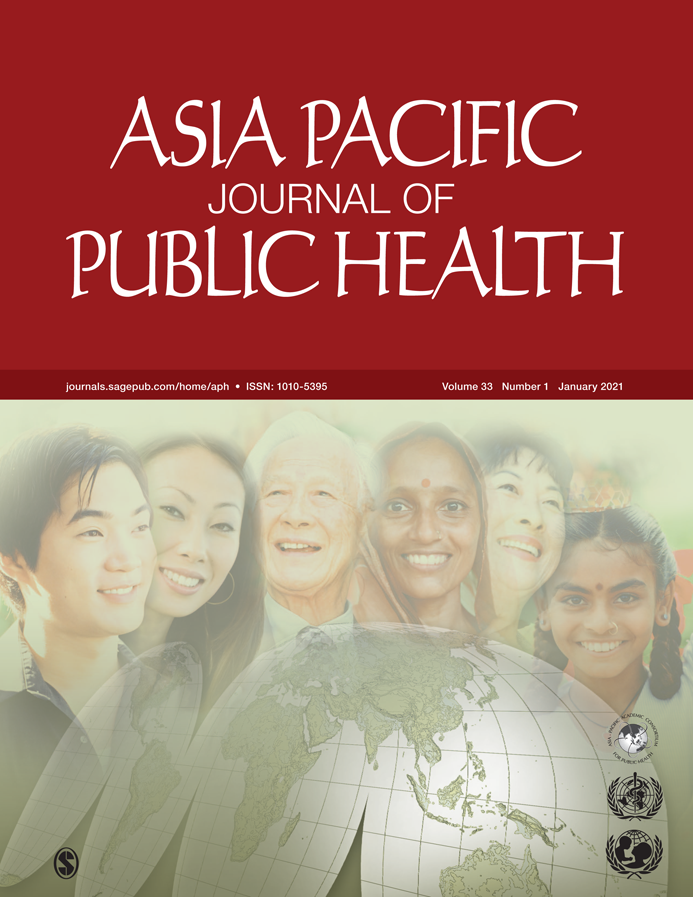
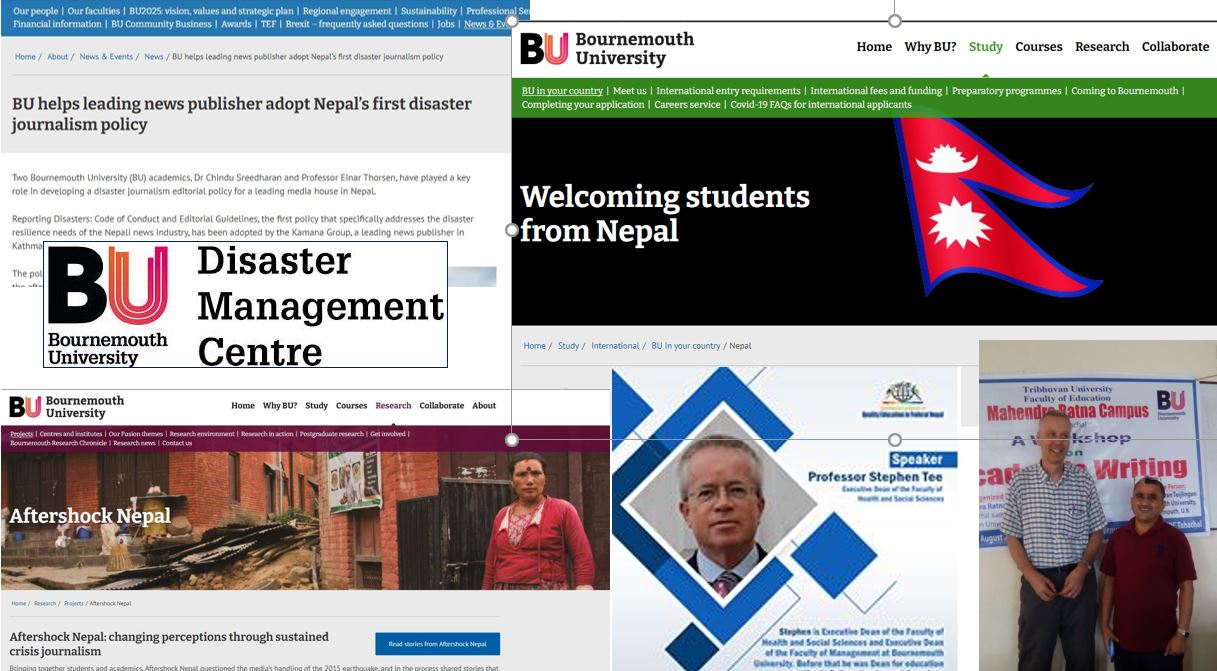

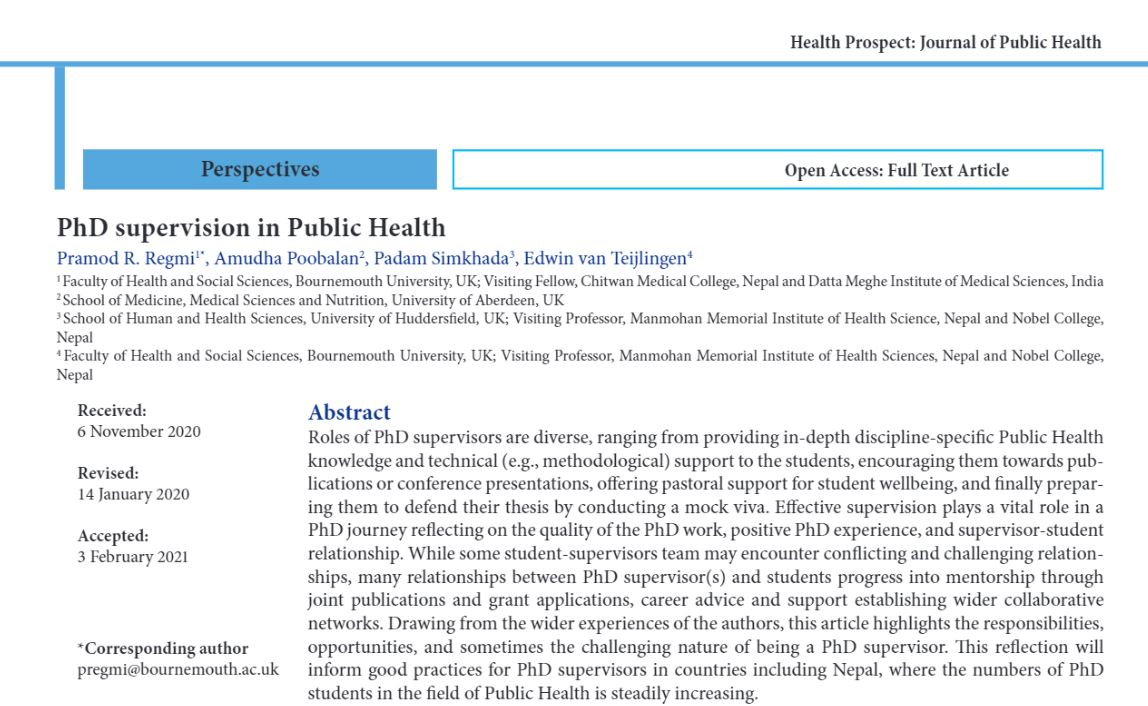


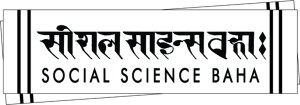
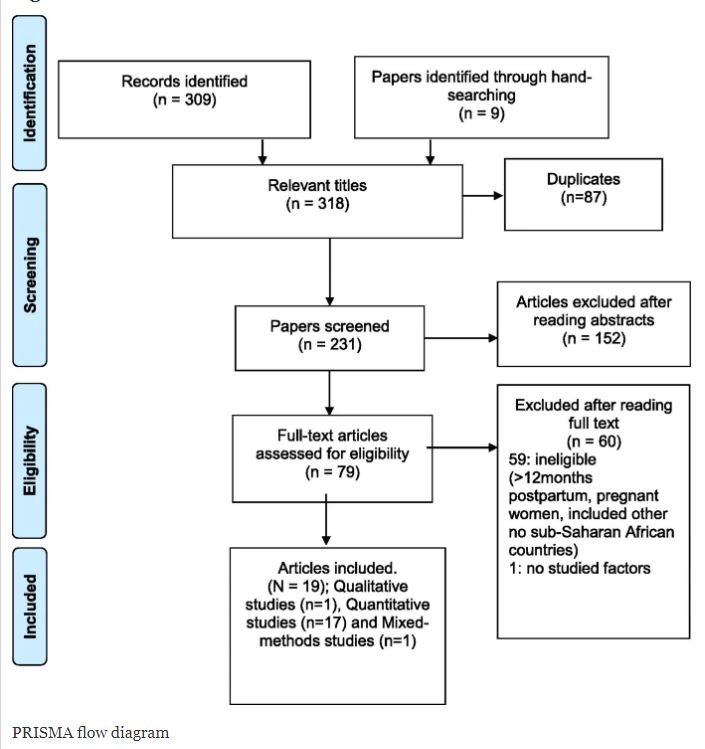
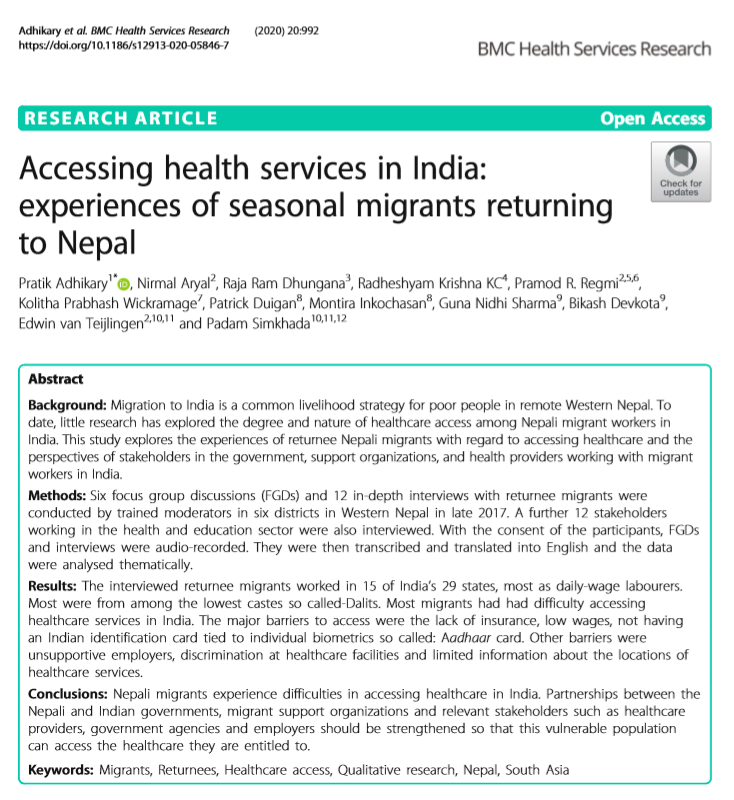
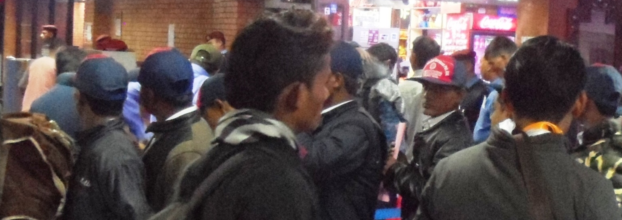
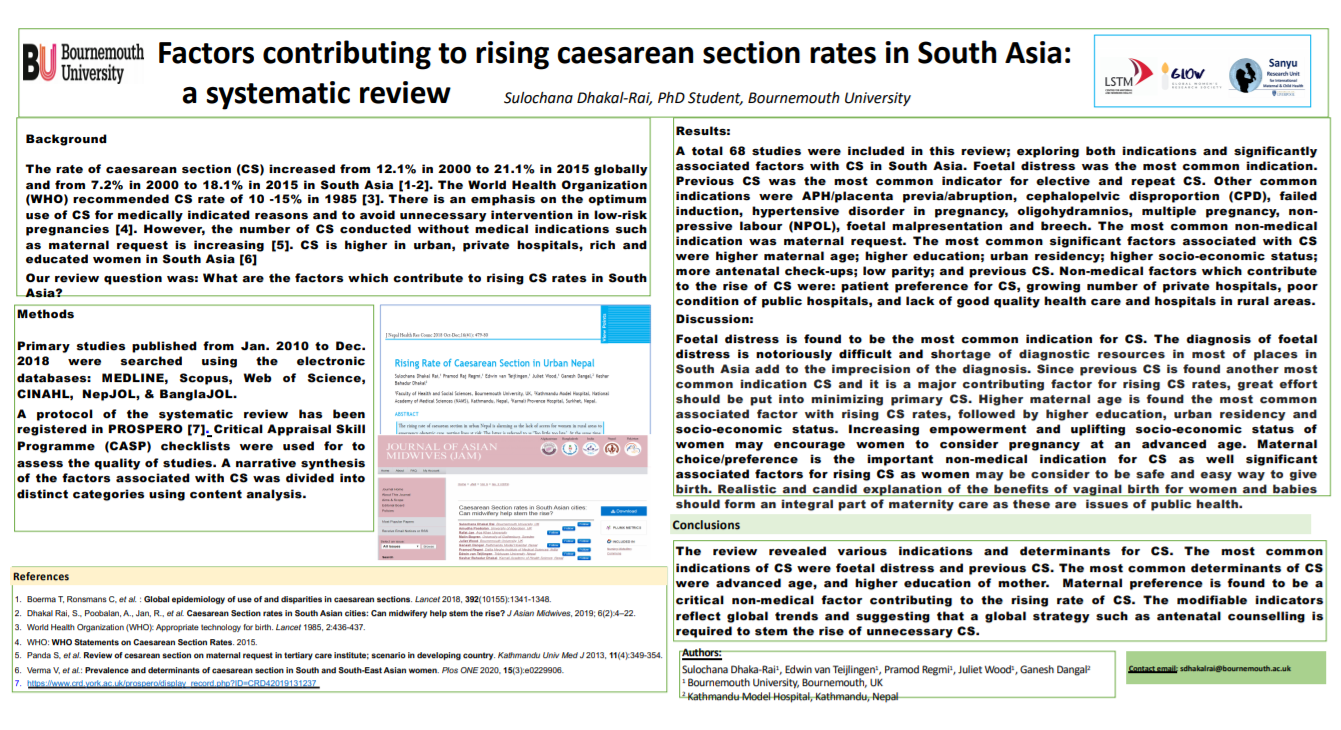

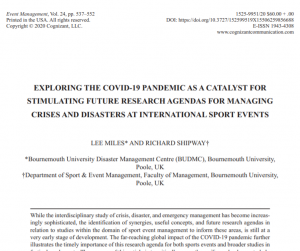
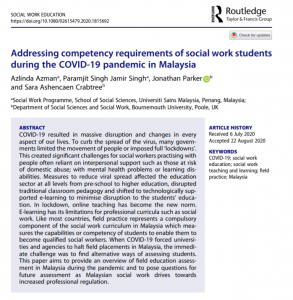
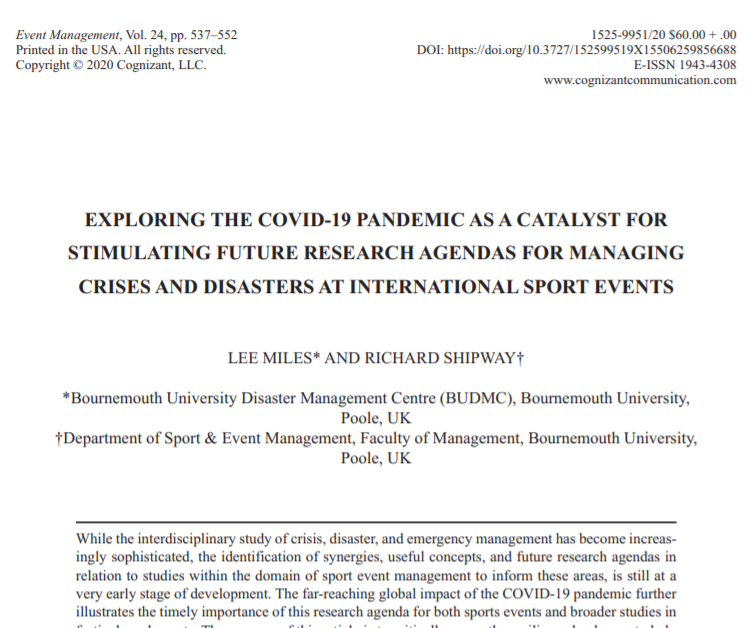
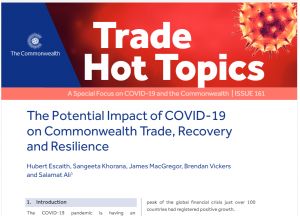
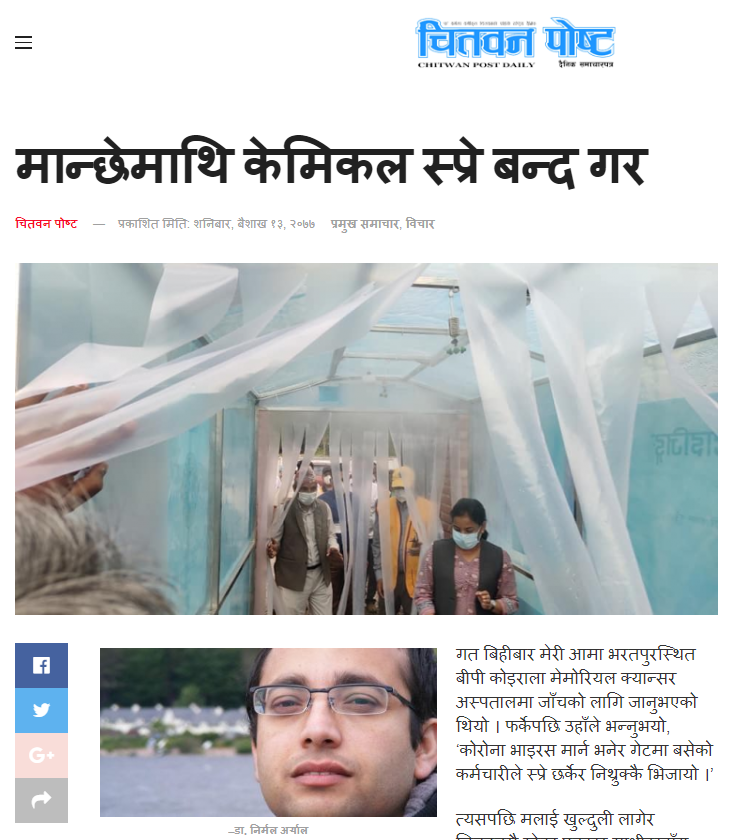
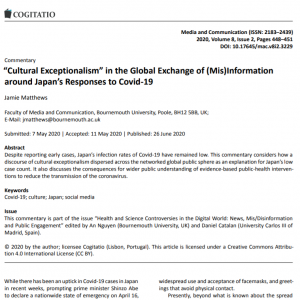

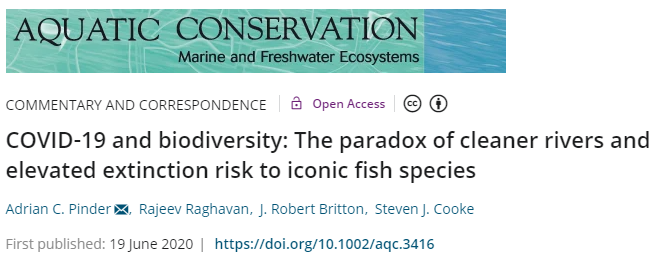
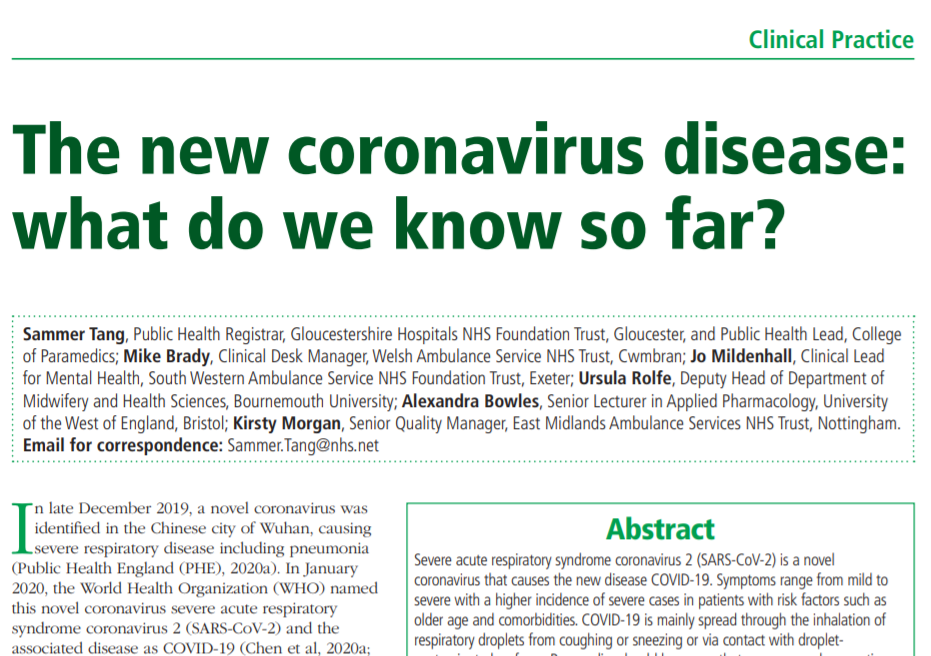
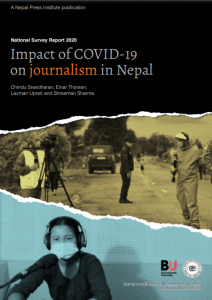
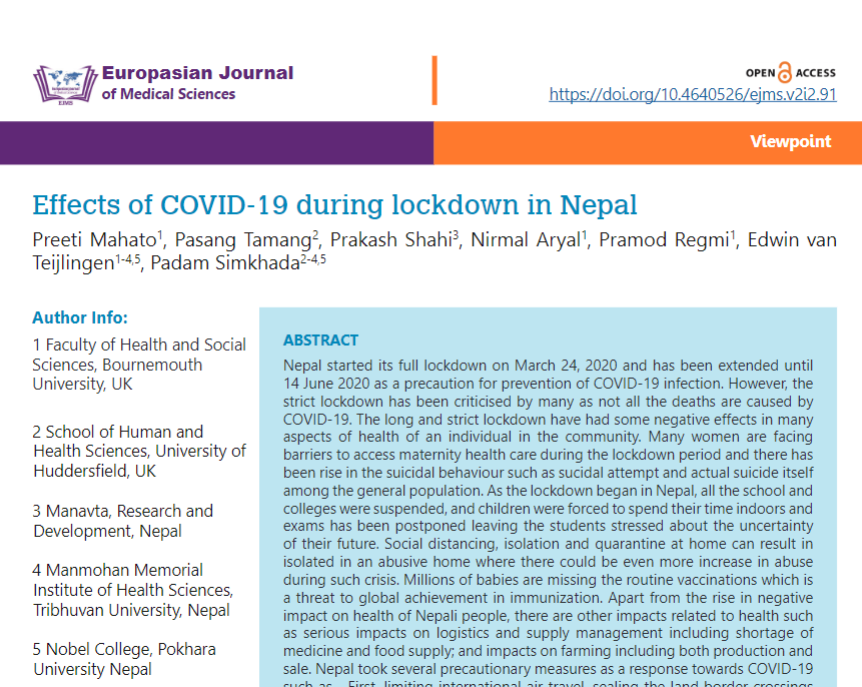
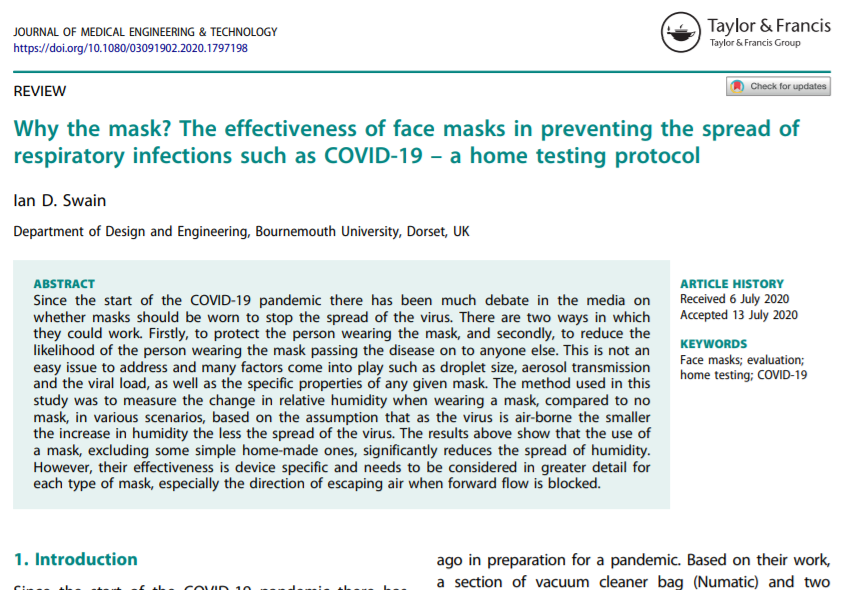



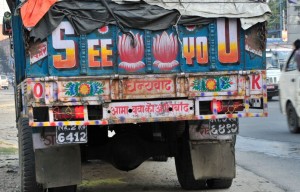



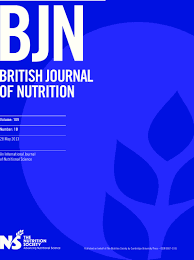

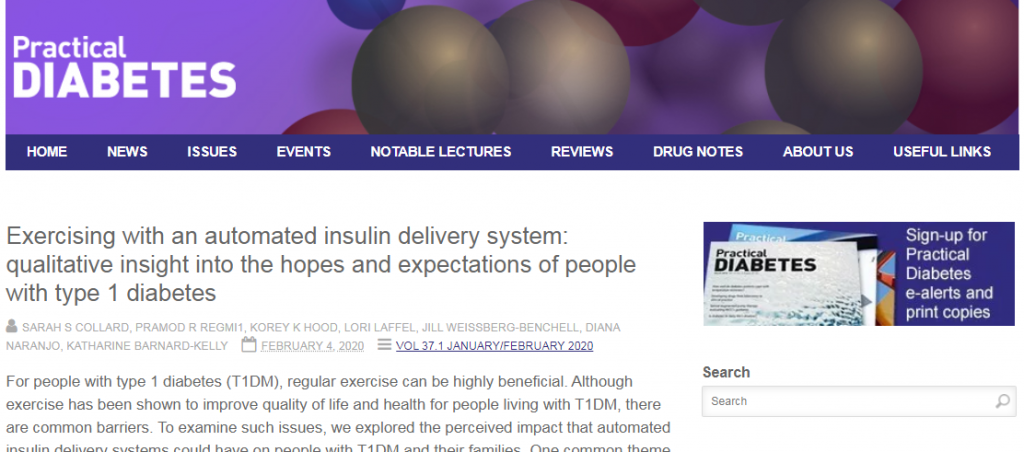


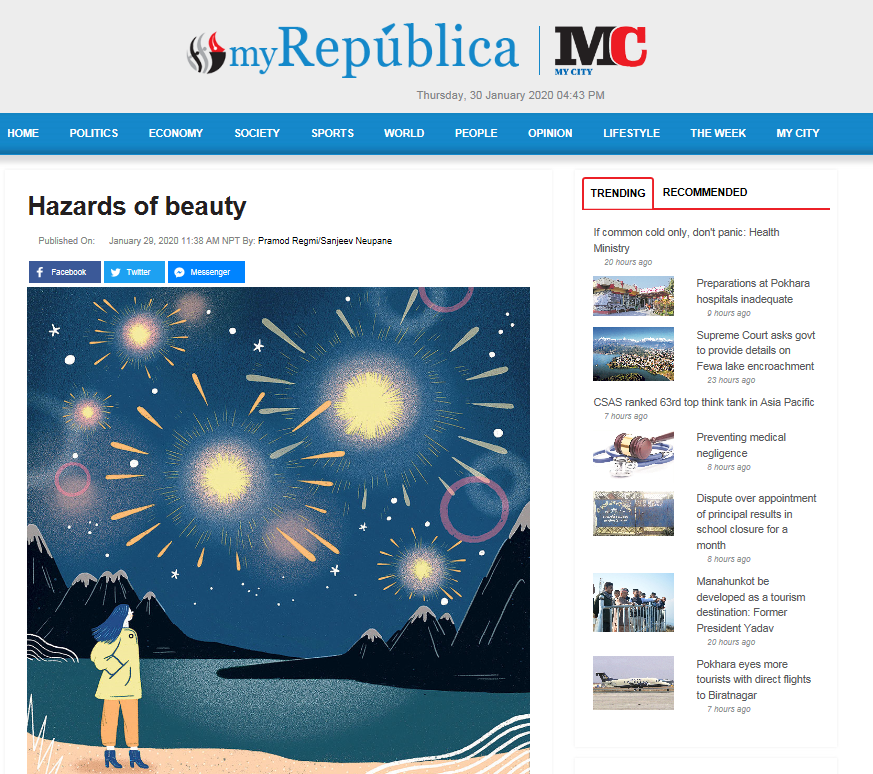











 Missing Persons Indicator Project Recruitment
Missing Persons Indicator Project Recruitment Celebrating our Research: Postgraduate Research Showcase 2026
Celebrating our Research: Postgraduate Research Showcase 2026 Nursing Research REF Impact in Nepal
Nursing Research REF Impact in Nepal Fourth INRC Symposium: From Clinical Applications to Neuro-Inspired Computation
Fourth INRC Symposium: From Clinical Applications to Neuro-Inspired Computation ESRC Festival of Social Science 2025 – Reflecting back and looking ahead to 2026
ESRC Festival of Social Science 2025 – Reflecting back and looking ahead to 2026 3C Event: Research Culture, Community & Cookies – Tuesday 13 January 10-11am
3C Event: Research Culture, Community & Cookies – Tuesday 13 January 10-11am ECR Funding Open Call: Research Culture & Community Grant – Application Deadline Friday 12 December
ECR Funding Open Call: Research Culture & Community Grant – Application Deadline Friday 12 December MSCA Postdoctoral Fellowships 2025 Call
MSCA Postdoctoral Fellowships 2025 Call ERC Advanced Grant 2025 Webinar
ERC Advanced Grant 2025 Webinar Horizon Europe Work Programme 2025 Published
Horizon Europe Work Programme 2025 Published Update on UKRO services
Update on UKRO services European research project exploring use of ‘virtual twins’ to better manage metabolic associated fatty liver disease
European research project exploring use of ‘virtual twins’ to better manage metabolic associated fatty liver disease